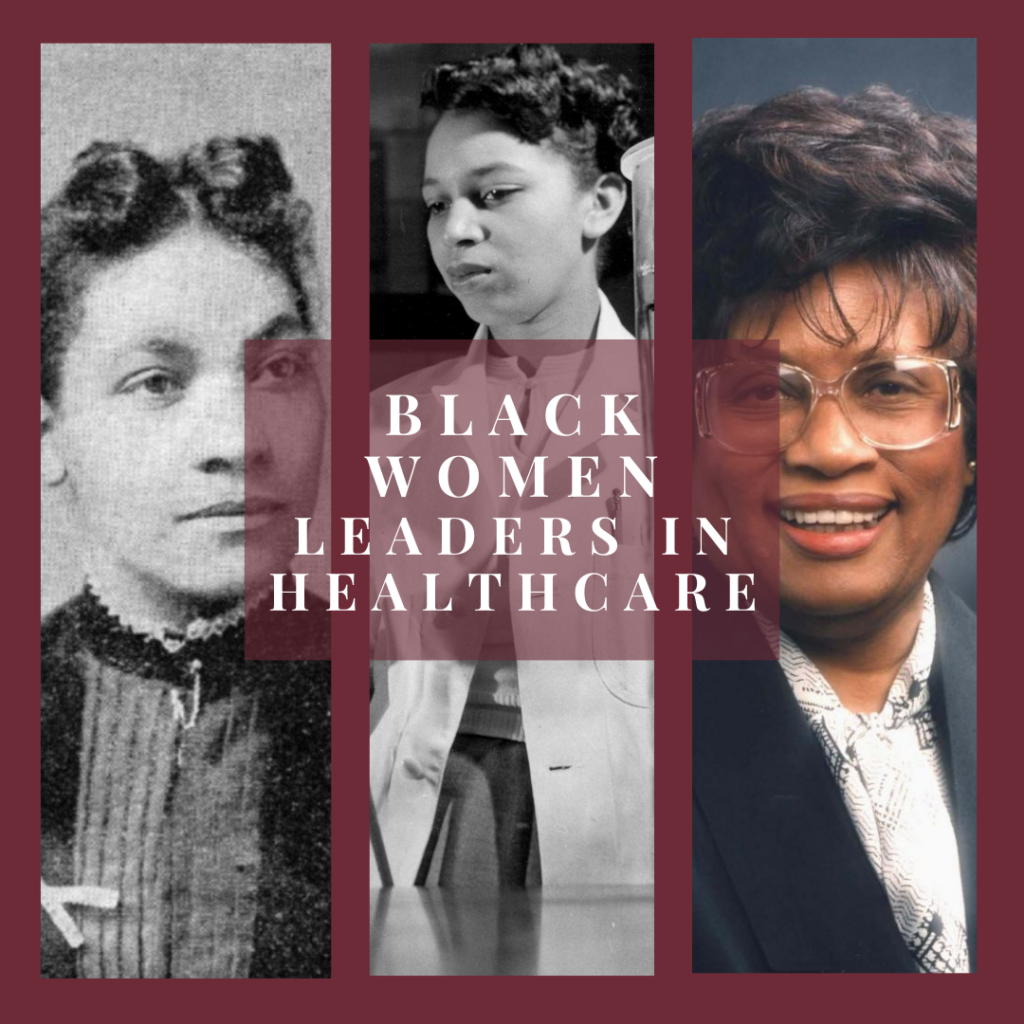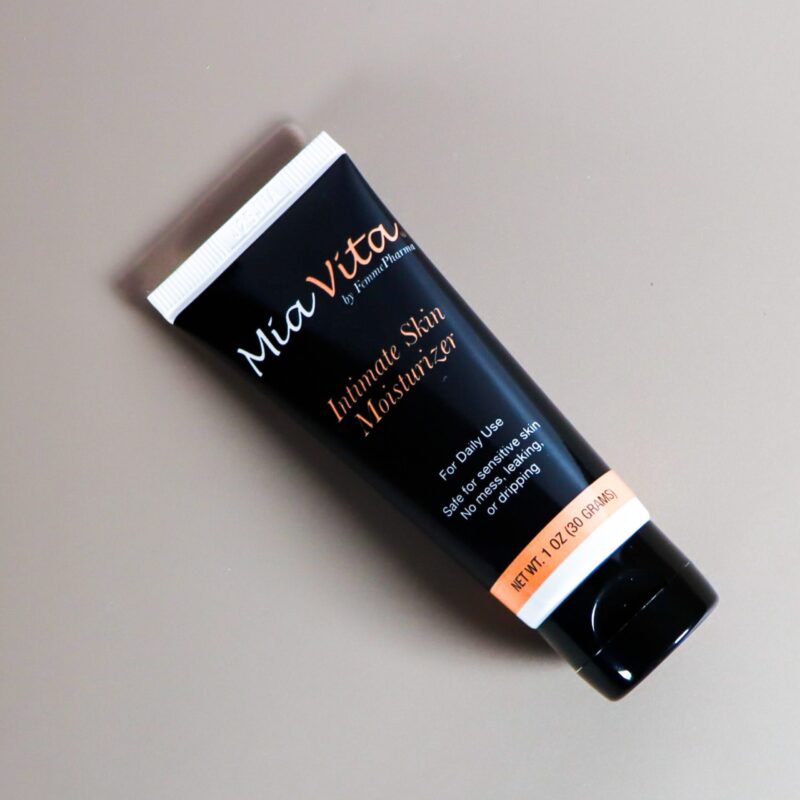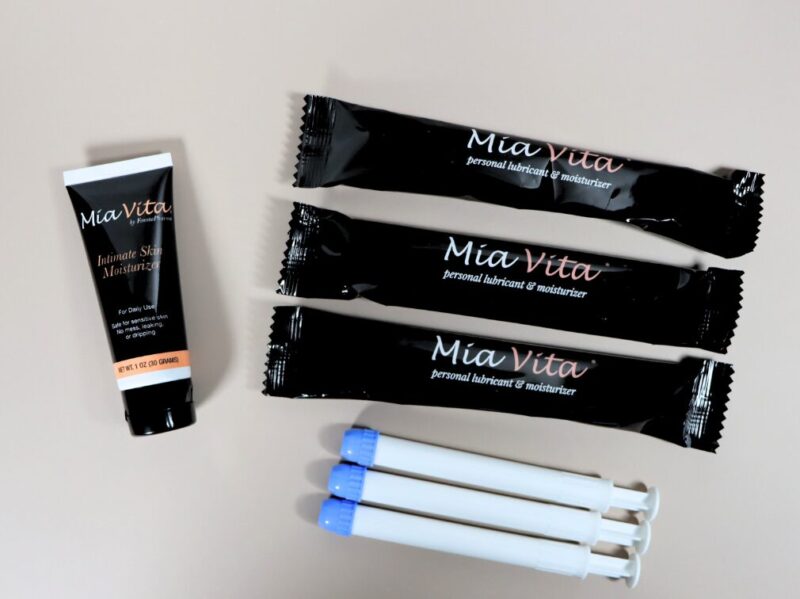For many years, Black women have faced—and faced down—institutionalized racism, sexism, and poverty to achieve their career goals in science and medicine. What better way to celebrate Black History Month than to honor the stories of pioneering Black women in medical history?
Obstructed Progress
Medical schools dedicated to educating women and African Americans began to be established in the late 19th century. However, in 1910, an influential educator published a report that advocated for the closure of most African American medical colleges. The report, based on racist principles, was successful in its goal; the number of Black medical schools was subsequently reduced from 14 to 2.
For the few Black women who managed to overcome this obstacle, more were placed in their way at every juncture. In 1924, though ranked first in her Tufts University medical school class, Dorothy Boulding Ferebee was unable to find a residency program that would accept her. And in 1945, Lena Edwards was accepted into a residency program in obstetrics and gynecology after applying every year for 9 years.
The Civil Rights Act of 1964 would help reverse these exclusionary policies in Black history, and by 1970, the number of Black women graduating from medical schools each year increased from 700 to 2000, with rates continuing to rise year-over-year.
The following three women, and many more, are enshrined in Black history for their professional accomplishments and contributions to medicine.
Rebecca Lee Crumpler: Nurse to Physician
In 1864, just a year after the Emancipation Proclamation, Rebecca Lee Crumpler became the first Black woman to graduate medical school in the U.S. Crumpler began her career as a nurse, and at the encouragement of physicians she worked with, applied and was accepted to medical school.
Upon graduation, Crumpler moved to Virginia, providing healthcare to formerly enslaved Black people who were refused medical care by White physicians. There, she faced racism from colleagues who impeded her ability to practice. Crumpler eventually moved back to Boston, where she wrote the first medical book by a Black woman. The book provided advice for new mothers on caring for newborns and children.
Alma Levant Hayden: Pioneering Chemist
Alma Levant Hayden was born in 1927 and studied chemistry at South Carolina State College, graduating with honors. She then went on to Howard University and earned a master’s degree. In 1951, Hayden became one of the first Black scientists to work for the National Institutes for Health, where she was hired as a chemist. Hayden became a nationally recognized expert in newly developed analytical techniques. Hayden applied her expertise as an analytical chemist at the FDA’s Division of Pharmaceutical Chemistry and, in 1963, was appointed director of the Spectrophotometry Branch.
Around that time, stringent reforms were passed regulating pharmaceutical drugs, and a popular drug being marketed as a cancer cure came under the FDAs scrutiny. Hayden led the team of scientists that analyzed the drug, which was determined to be creatine, a naturally occurring substance produced in the body and involved in cellular energy production. Despite anti-Black sentiment at the FDA that engendered the belief that Black scientists testifying in court cases would be a detriment, Hayden ultimately testified and prevailed at trial.
Joycelyn Elders: Sharecropper to Surgeon General
Joycelyn Elders, born in 1933 in rural Arkansas, rose from poverty to lead a distinguished medical career. Elders was the first person in Arkansas to become board certified in the field of pediatric endocrinology and the first African American and second woman to be appointed U.S. Surgeon General.
As a child, Elders excelled academically despite the fact that public schools were segregated and Black schools were notoriously underfunded. After high school, she attended an all-Black college, majoring in biology and chemistry. Elders was inspired to become a physician when she attended a talk by Edith Irby Jones, another ground-breaking African American woman and the first to be accepted into the University of Arkansas medical school.
Elders would complete an internship in pediatrics, and during her pediatric residency, she was appointed chief resident, overseeing a group comprising all White men. She eventually became a professor of pediatric endocrinology, attaining full professorship. Elders was a zealous public health advocate on behalf of children and adolescents. In 1987, she was appointed head of the Arkansas Department of Health, and in 1993, she was appointed U.S. Surgeon General.
Although considerable progress has been made toward improving the numbers of Black women physicians, there continues to be a wide gap. In 2018, with Blacks comprising 12.8% of the general population, Black women represented only 2.8% of all physicians. Moreover, from 1910 until now, the proportion of Black physicians has increased by only 4%. And since 1940, that increase represents an increase in the number of female Black physicians, while the number of male Black physicians has remained stagnant.
Here at FemmePharma, we celebrate and encourage diversity not only during Black History Month but all throughout the year.



